A large number of feature films listed on a director’s resume presumably tells you a great many things about them: they are far along in their career, a master of their craft, have expert knowledge in all facets of filmmaking, and, most importantly, there’s just no possibility that they are capable of making a bad movie because they’ve done it before so many times. The reality of a filmmaker’s career, however, is not so easily summarized in such black and white terms.
There is no equation that can tell you what to expect from a filmmaker. There are so many variables involved in making a film (that are both within and completely outside of a director’s control) that it is a minor miracle any director on this planet, both living and dead, has ever been able to make a good one.
A messy script, a miscast lead, a meddling producer, bad weather, poor luck, and a gluttony of other circumstantial incidents can make or break a film. When it comes to making a good movie, a director can only meet the people, places, and budget they’re given to make it halfway.
Stanley Kubrick only made thirteen movies in his lifetime. Uwe Boll is currently nearing thirty. Enough said. The number of films a director has made says very little about their talent or quality, but says quite a lot about their luck, place in the industry, commercial viability (which is a constantly-fluctuating thing, especially in today’s business, but that’s another story…), or their tendency to take a great amount of time and care in making their films (not to mention having the luck and luxury to be able to do so in the first place).
Most of the names on this list work in different facets of the industry (television, music videos, screenwriting, etc.). Except for a fortunate few mentioned, not many of them have been able to turn directing feature films into their primary source of income.
While a few are just getting their start in gaining a mass audience, and a few others are younger (and quite successful) filmmakers currently building up their credits, the majority of names listed here are filmmakers who have proven their brilliance (often more than once) but have yet to gain momentum in creating a large body of feature films.
Whatever the case may be, the one thing all these filmmakers have in common is that we need more of their films, and the current film world is a much bleaker place without them.
30. Fred Dekker
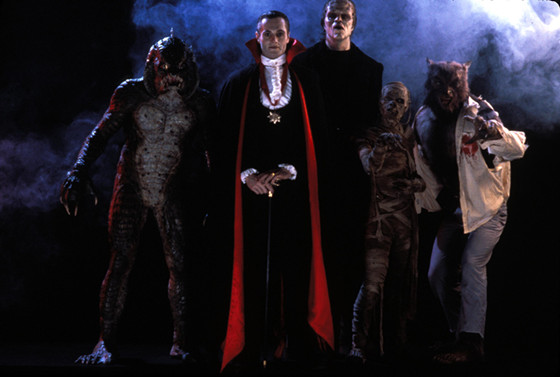
Of all the names that made this list, it has been the longest since we’ve seen a new film from Fred Dekker. It’s no coincidence to state that his last film was Robocop 3, the final nail in the coffin for the original Robocop franchise. Y
es, it was a truly ridiculous effort to try to turn one of the smartest, most violent, and adult-oriented action franchises in history into a family-friendly romp. Perhaps, he even deserved to spend a year or two in “movie jail” for making us suffer through however much of it we could endure… But to never direct a movie again?
Considering he’s also the guy who made one of the coolest and most watchable family-friendly eighties fantasy films that didn’t have Spielberg’s name on it, 1987’s The Monster Squad, it’s a shame he hasn’t yet been given the chance to redeem himself.
Night of the Creeps, his 1986 zombie flick/directorial debut, is another showcase of how Dekker is able to take a genre piece and turn it into something uniquely and cleverly his own.
Considering today’s market, Dekker’s style and personal touch could fit in quite nicely with, perhaps, a character in the Marvel Universe or some other revamped adaptation hoping to be a new franchise. Regardless, it’s time he gets another chance, if for no other reason, than to help us wash the rancid after-taste of Robocop 3 forever out of our mouths.
29. Tarsem Singh
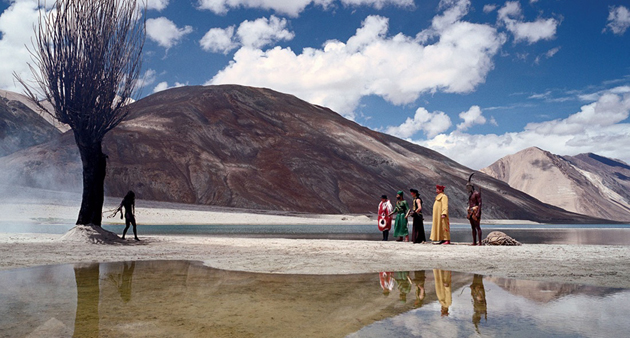
All five of his feature films to date showcase a masterful and richly beautiful style. Unfortunately, only one of Tarsem Singh’s films (2006’s The Fall) has so far been worthy of his talents and visual genius.
The others (2000’s The Cell; 2011’s Immortals; 2012’s Mirror, Mirror; and 2015’s Self/less) are highly watchable and well-crafted pieces of Hollywood entertainment that would be forgettable if they all weren’t so incredibly beautiful to look at.
28. Terry Zwigoff
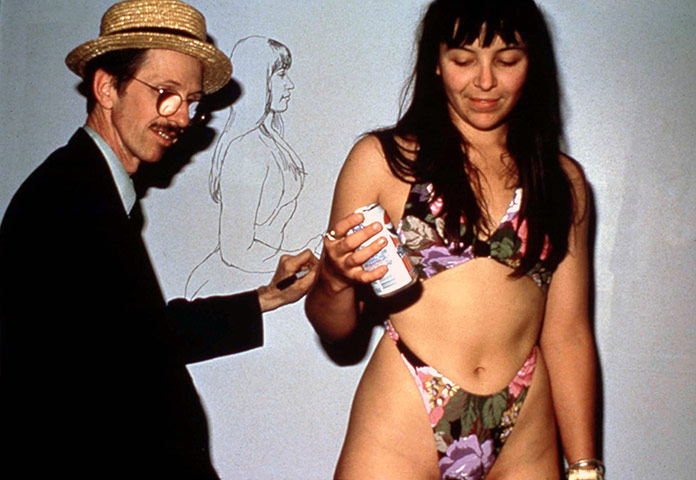
It’s been while (2006) since Terry Zwigoff’s last directorial effort, the uneven but interesting Art School Confidential. His darkly (but masterfully hilarious) comedic takes on modern-day dysfunction (2001’s Ghost World, 2003’s Bad Santa, and his documentaries, 1994’s Crumb, and 1985’s Louie Bluie) are sorely missed and needed today.
Interestingly, Zwigoff was reported to be collaborating with Nicolas Cage on a dark comedy entitled Lost Melody a few years ago, but, for reasons unknown, it or another Zwigoff film has yet to be produced.
27. Oren Moverman
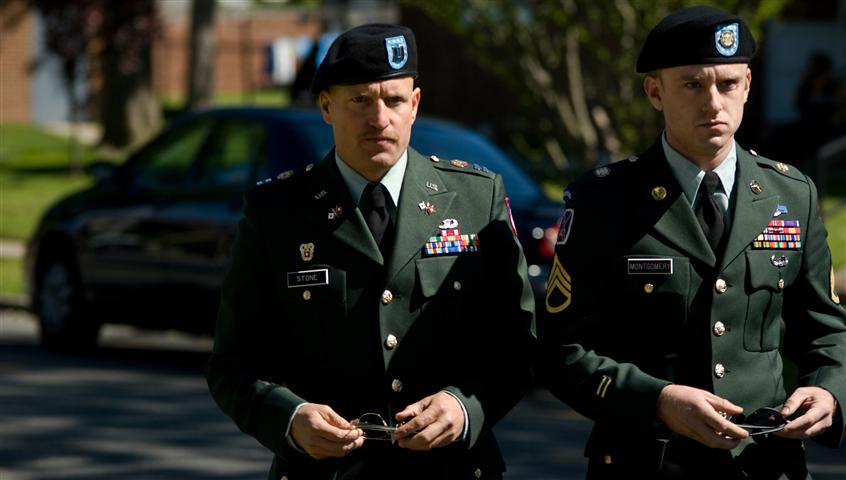
Raw, powerful, and unpredictable, Oren Moverman’s filmography to date (2009’s The Messenger, 2011’s Rampart, and 2014’s Time Out of Mind) is an already-diverse trio of films that are united by their outstanding performances, uncompromising sense of drama, and an uncontrived, powerhouse execution that is soul-achingly real.
His upcoming effort, the star-studded thriller, The Dinner, sounds like it has the potential to be right on par with the rest of Moverman’s small but slowly growing list of films.
26. Bobcat Goldthwait
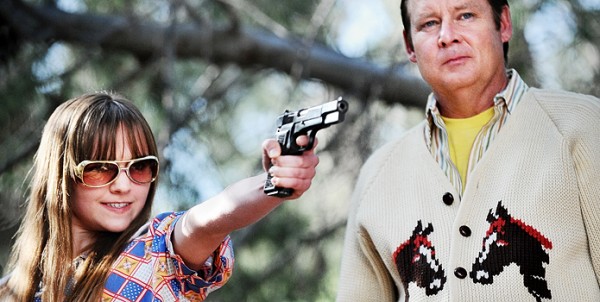
Of course, he is primarily known as a comedian and actor with a screeching, primal voice, but Bobcat Goldthwait has also repeatedly proven himself to be one of the few (and best) filmmakers working in the not-so-easy-to-sell category of dark comedy today.
His most accomplished works (2009’s World’s Greatest Dad and 2011’s God Bless America) are some truly nasty (not to mention hilarious) satires of modern American life that are a welcome presence in today’s politically correct climate.
While his last effort, 2013’s small-budget horror film Willow Creek, didn’t pack quite the same punch as his strongest work, it still showcased an inventiveness and voice behind the camera that adds some much-needed color to today’s rather bland selection of modern filmmakers.
25. Duncan Jones

Duncan Jones’ feature debut, his 2009 science fiction masterpiece of simplicity, Moon, was a great start to a (currently) stalled calling of smaller, intimate, and original cinematic works.
Since then, Jones has delivered two solid (though ever-so-slightly impersonal and stale) science fiction studio efforts: 2011’s Source Code and this year’s Warcraft. His next effort, the thriller Mute, sounds like it could be a smaller and more appropriate return to form for the highly talented, though recently misplaced, filmmaker.
24. Jonathon Glazer
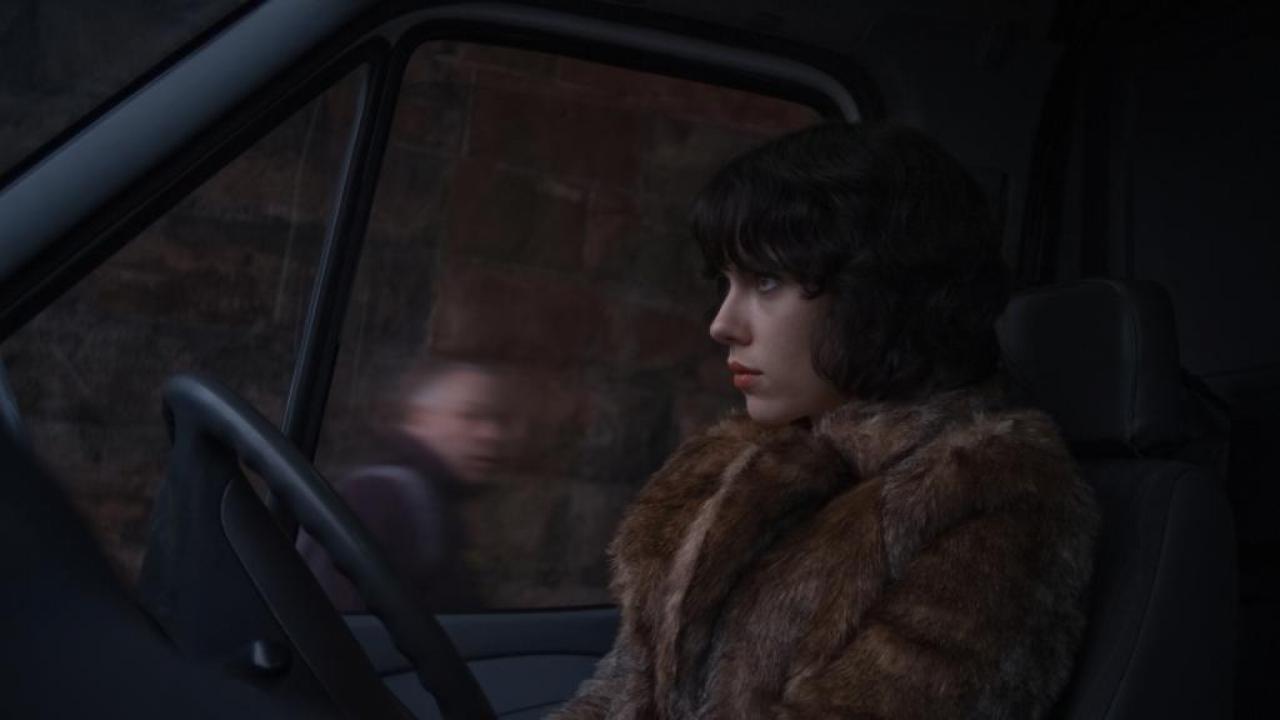
If Alex Cox, Nicolas Roeg, and Stanley Kubrick’s genes were combined in a lab, the resulting human would most likely have a film career closely resembling Jonathon Glazer’s.
His three films (Sexy Beast, Birth, and Under the Skin) are all connected by a precision in craftsmanship and attention to detail, but also reflect his diverse tastes (they are a dark comedy, strange drama, and artful horror film, respectively) and (seeming) care in not ever repeating himself in his career.
Whatever he does next, it will no doubt be a very different though worthwhile addition to his small but highly controlled body of work.
23. David Slade
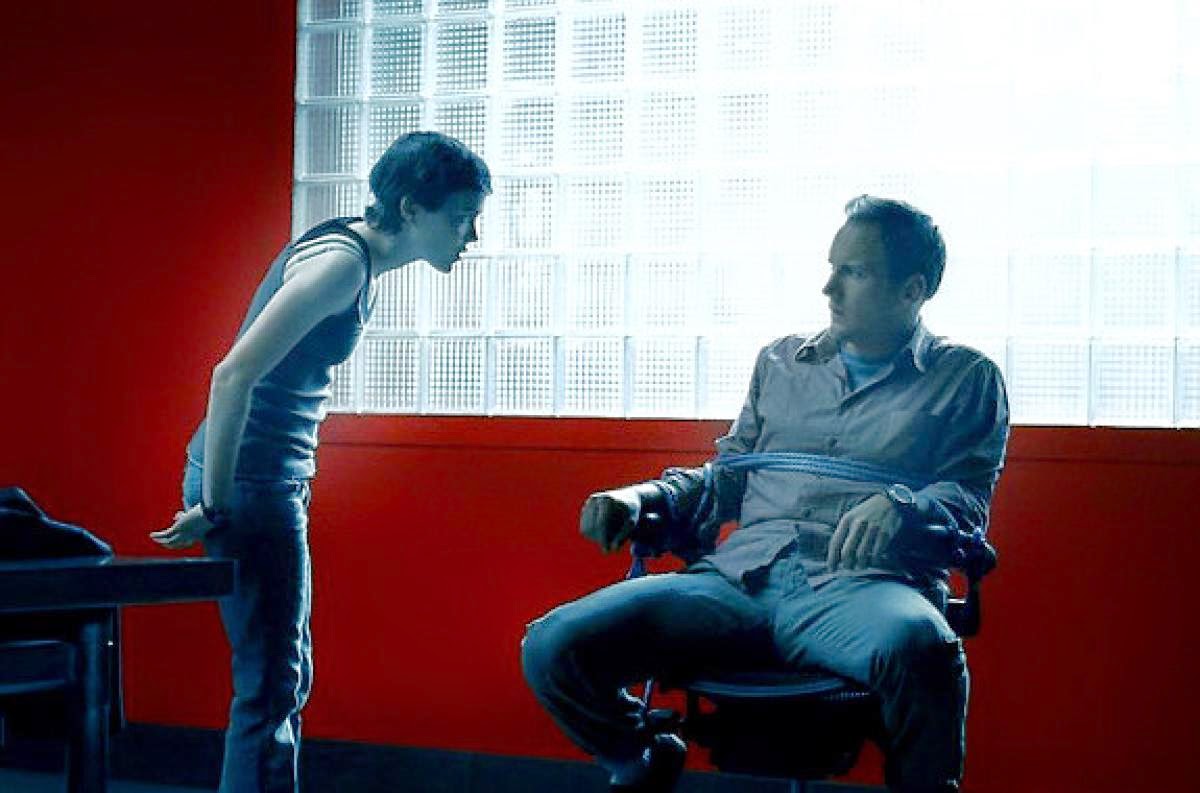
Since his feature debut, 2005’s Hard Candy, David Slade has been something of an underrated master of the macabre. His gothic sensibilities leant themselves nicely to such studio fare as 2007’s 30 Days of Night and the third and (gasp!) most watchable installment of the Twilight franchise, 2010’s Eclipse.
Like many contemporary and future filmmakers, however, Slade’s best work can currently be found on television, most notably in the 2014 season two finale of NBC’s Hannibal.
This episode, entitled Mizumono, is currently the most grisly, violent, and beautifully artistic thing to air on a major network since David Lynch’s revelation of who killed Laura Palmer twenty five years ago.
22. Richard Kelly

Richard Kelly’s debut film, the 2001 teenage science fiction drama Donnie Darko, was a cult sensation and a smash art house hit at the time of its release. It still remains, to this day, a showcase of some of the most intelligent, complex, and inventive popular American filmmaking of the twenty-first century.
His follow-up, 2006’s Southland Tales, is a sprawling and surreal science fiction satire that is far too complex for it’s own good and has far too many ideas for its two and a half hour running time, but is also far too interesting and brilliant to be written off as anything less than a flawed masterpiece.
2009’s The Box, his third and (to date) last directorial outing, was an interesting, though admittedly failed, laboratory experiment that, coupled with Southland Tales’ lack of critical and audience recognition, has made future Kelly films difficult to be financed.
Given today’s lack of originality in most major releases, a talent as daring as Kelly’s is hard to place in Hollywood’s current remake-heavy slate of productions. However, he’s far too berserk and far too special of a presence behind the camera to be completely forgotten.
Because of that, Kelly fans can take solace in the fact that (if there is any justice in the universe at all) it’s only a matter of time before he is able to showcase his one-of-a-kind brain for us in its full, glorious insanity yet again.
21. Daniel Waters
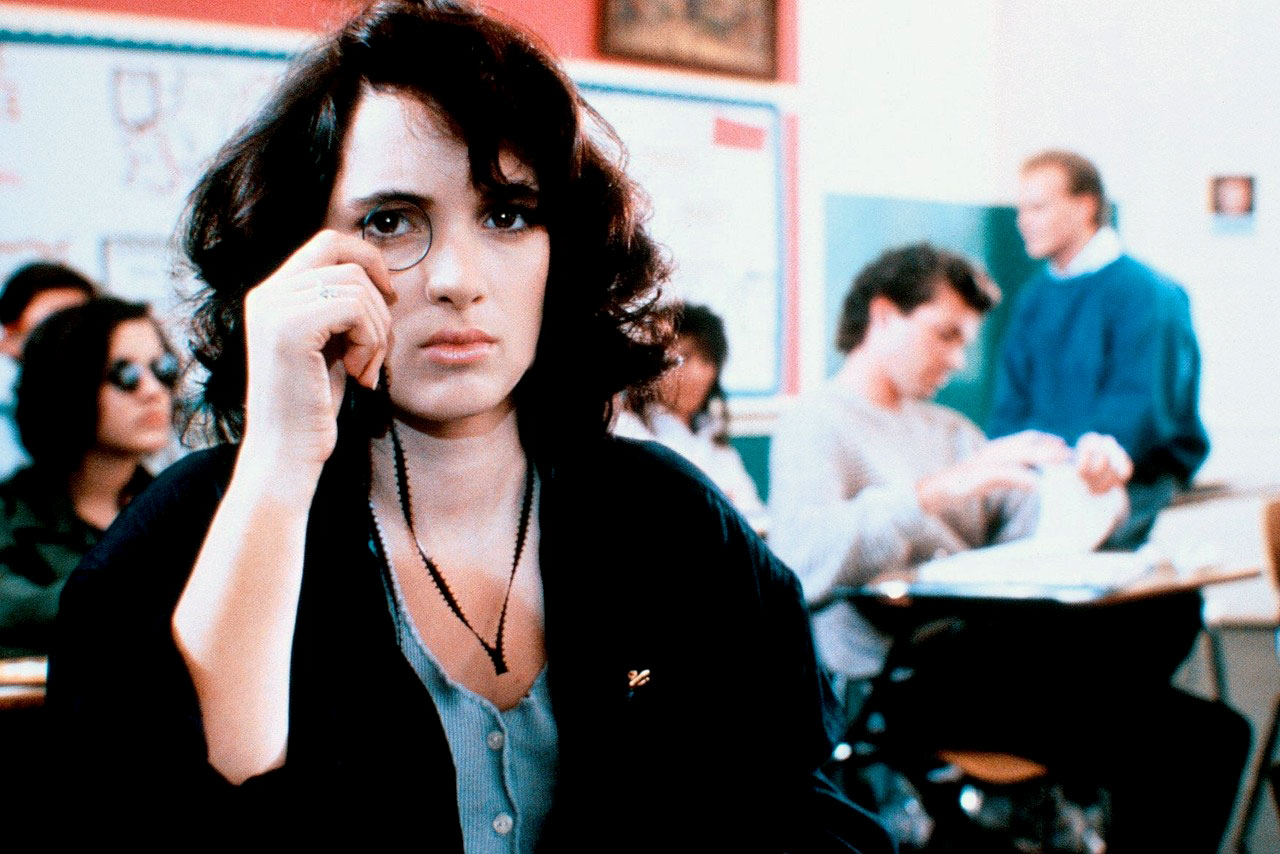
Daniel Waters is best known for being the sole author of the screenplay to the eighties dark comedy classic, Heathers (which was expertly directed by Michael Lehmann, respectively). However, his unique brand of thoroughly demented but highly poignant humor has also been on (mostly) successful display in two little-seen comedic works, 2001’s Happy Campers and 2007’s Sex and Death 101.
Waters not only wrote both these films (as evidenced by their poppy, always-clever, and always-involving dialogue exchanges), but also took over directing duties on both of them, as well.
The resulting films are probably the closest things to a true Heathers sequel or remake that we’ll ever get (and rightfully so), as they are both very much in the same universe, share the same always-tonally-shifting-style, and are told with a similar (and simultaneous) mixture of almost-mean-spirited sarcasm and wise, almost-big-hearted insight into human behavior.
As evidenced by both his directorial efforts (especially in the superior Sex and Death 101), and like many of the other screenwriters who turned to directing on this list, no one truly seems to understand or know how to deliver his individualistic material better than Waters himself… Except, of course, maybe for Michael Lehmann.